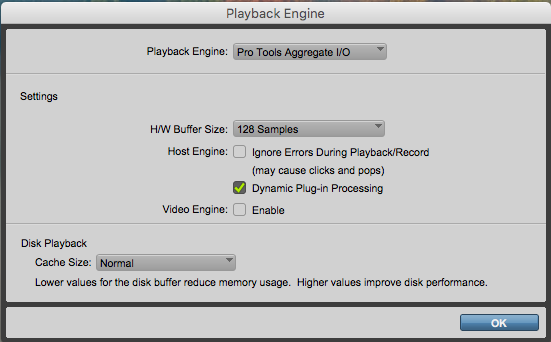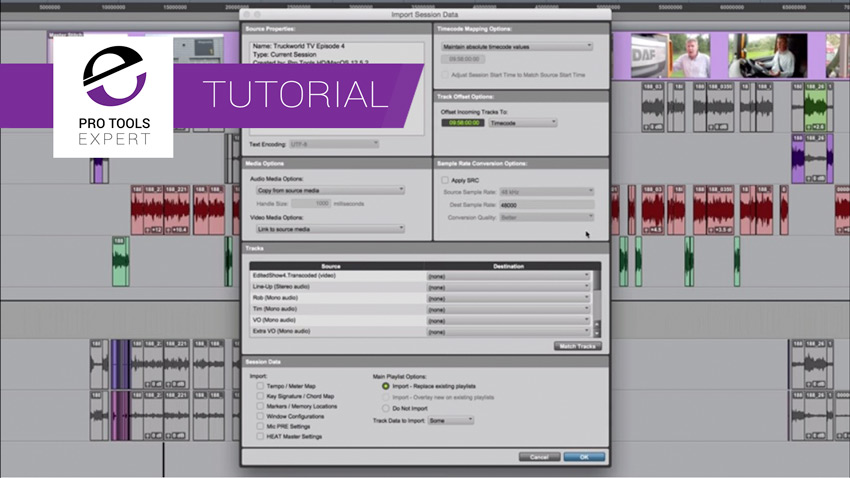


In 2022, Alzheimer's and other dementias will cost the nation $321 billion, including $206 billion in Medicare and Medicaid payments combined. The costs of health care and long-term care for individuals living with Alzheimer’s or other dementias are substantial, and dementia is one of the costliest conditions to society. The demand for direct care workers (roles such as nurses aides and home health aides) is projected to grow by more than 40% between 20, while their availability is expected to decline.Only 4% of social workers have formal certification in geriatric social work.Less than 1% of registered nurses, physician assistants and pharmacists identify themselves as specializing in geriatrics.Only 12% of nurse practitioners have special expertise in gerontological care.Few care professionals specialize in geriatrics:.The United States will have to nearly triple the number of geriatricians to effectively care for the number of people projected to have Alzheimer's in 2050.More than 25% reported being “only sometimes” or “never” comfortable answering patient questions about Alzheimer’s or other dementias. Half of primary care physicians reported that they do not feel adequately prepared to care for individuals with Alzheimer’s and other dementias.International Alzheimer's Disease Research PortfolioĪs the prevalence of Alzheimer’s disease increases, so does the need for additional members of the paid workforce who are involved in diagnosing, treating and caring for those living with the disease.Global Alzheimer’s Association Interactive Network.Global Biomarker Standardization Consortium (GBSC).Alzheimer’s Association Business Consortium (AABC).International Brain Study: SARS-CoV-2 Impact on Behavior and Cognition.Katzman, M.D., Clinical Research Training Scholarship Pilot Awards for Global Brain Health Leaders (Invitation Only).Part the Cloud-Gates Partnership Grant Program: Bioenergetics and Inflammation.National Academy of Neuropsychology & Alzheimer’s Association Funding Opportunity.2022 Part the Cloud Translational (PTC) Research for Alzheimer’s Disease Program.

APOE Biology in Alzheimer’s (ABA) - Implications for Biological Underpinnings, Risk, Progression and Outcomes.The International Research Grant Program (IRGP) Council.


 0 kommentar(er)
0 kommentar(er)
